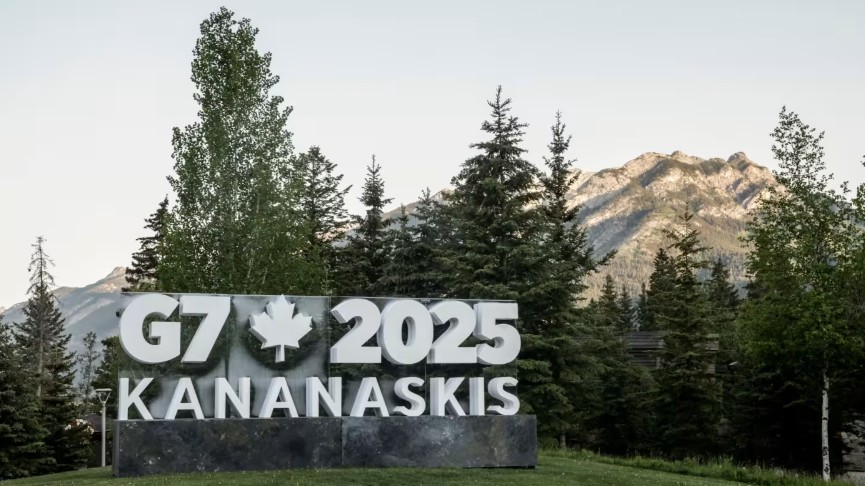World leaders gathered in Kananaskis, Alberta, for the 2025 G7 Summit, with Canada presiding over the influential forum at a time of heightened international uncertainty. The summit, running from June 15 to 17, brought together heads of state from the United States, United Kingdom, France, Germany, Italy, Japan, and Canada, as well as representatives from the European Union and invited leaders from countries such as Brazil, South Africa, and India. This year’s meeting was set against a backdrop of escalating conflict between Israel and Iran, persistent trade disputes, and global economic turbulence.
Canadian Prime Minister Mark Carney, hosting his first major international event, outlined a focused agenda emphasizing economic growth, energy security, and the digital transition. Canada’s priorities included strengthening peace and security, countering foreign interference, enhancing responses to wildfires, and building resilient supply chains for critical minerals. Artificial intelligence and quantum technology were also highlighted as key drivers for future economic expansion. Despite these ambitions, the summit’s agenda was quickly overshadowed by urgent geopolitical crises, particularly the Israel-Iran conflict and ongoing tensions in Ukraine.
The presence of U.S. President Donald Trump added a layer of unpredictability, given past confrontations at previous G7 gatherings in Canada. Leaders were keen to avoid the discord that marked the 2018 summit, where disagreements over trade and tariffs led to the U.S. withdrawing its support for the final communique. This year, Canada opted to forgo the traditional joint statement, instead issuing chair summaries to maintain diplomatic flexibility and avoid public disputes. Bilateral meetings, especially between Carney and Trump, were closely watched as both sides sought to negotiate on tariffs, energy, and security.
Beyond the high-level politics, the summit served as a platform for Canada to assert its leadership on the world stage and build coalitions for addressing shared challenges. Discussions extended to climate resilience, with a particular focus on wildfires, as well as support for Ukraine and the need for coordinated action on transnational crime. As the summit concluded, the ability of the G7 to present a united front amid deepening divisions and global crises remained uncertain, but Canada’s stewardship was widely seen as a test of both its diplomatic skill and the resilience of the G7 alliance.
“Your donation helps us cover global events, ensuring everyone stays informed.”
(Source: Prime Minister of Canada | BBC | New York Times | Euro News)









